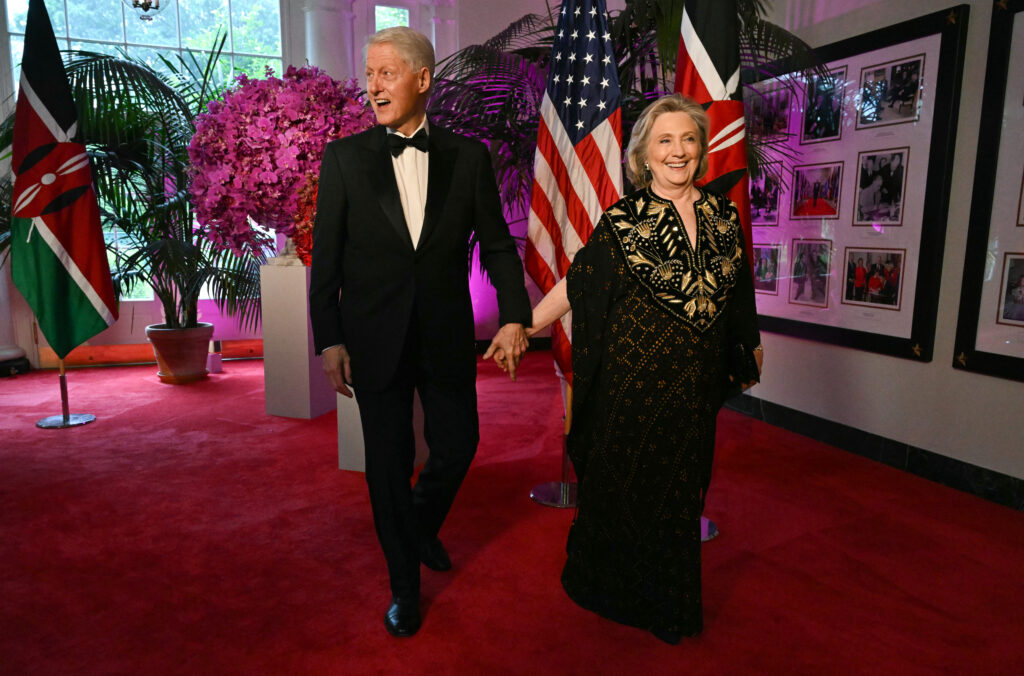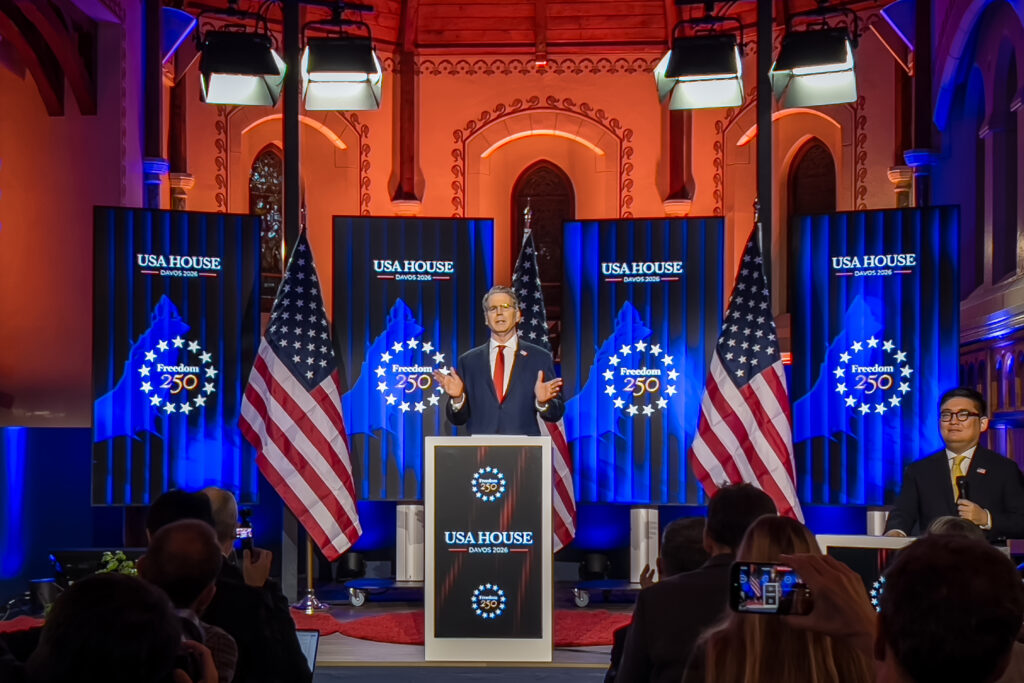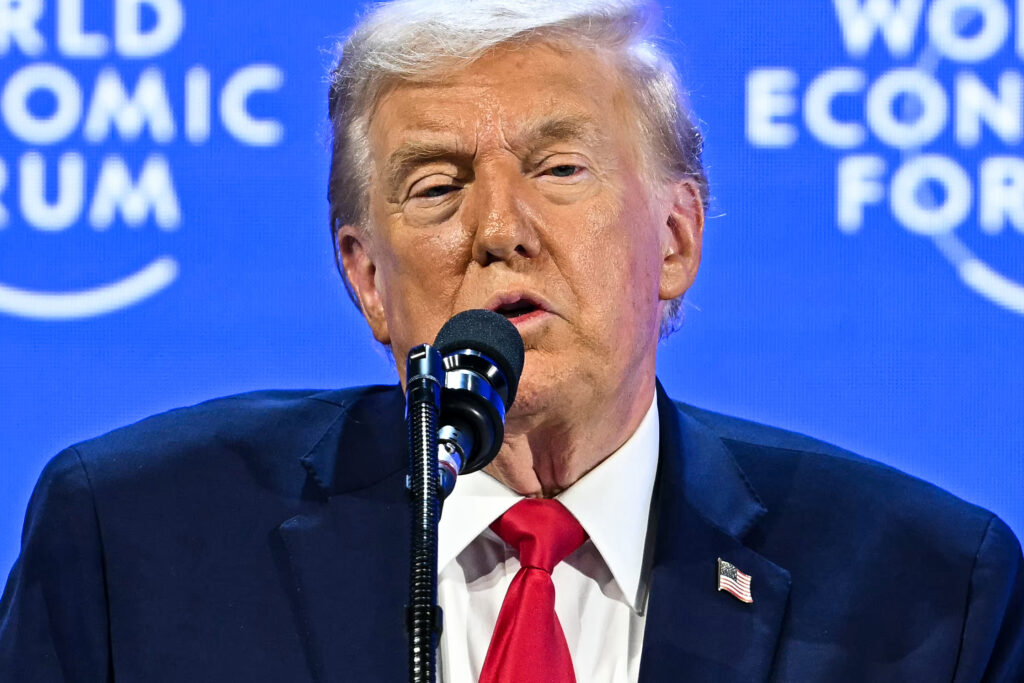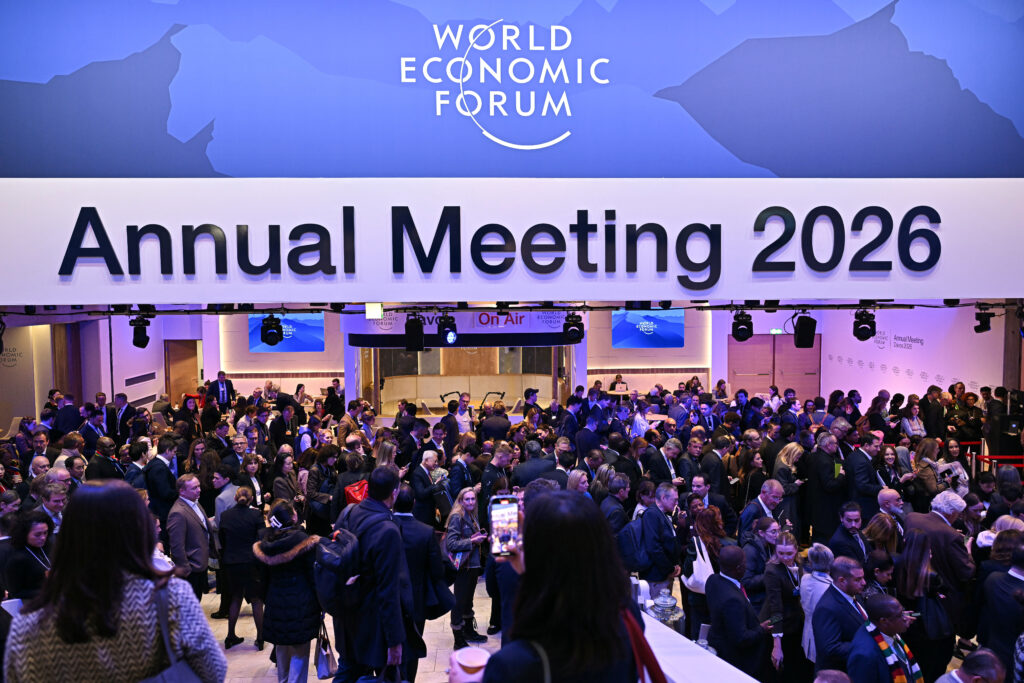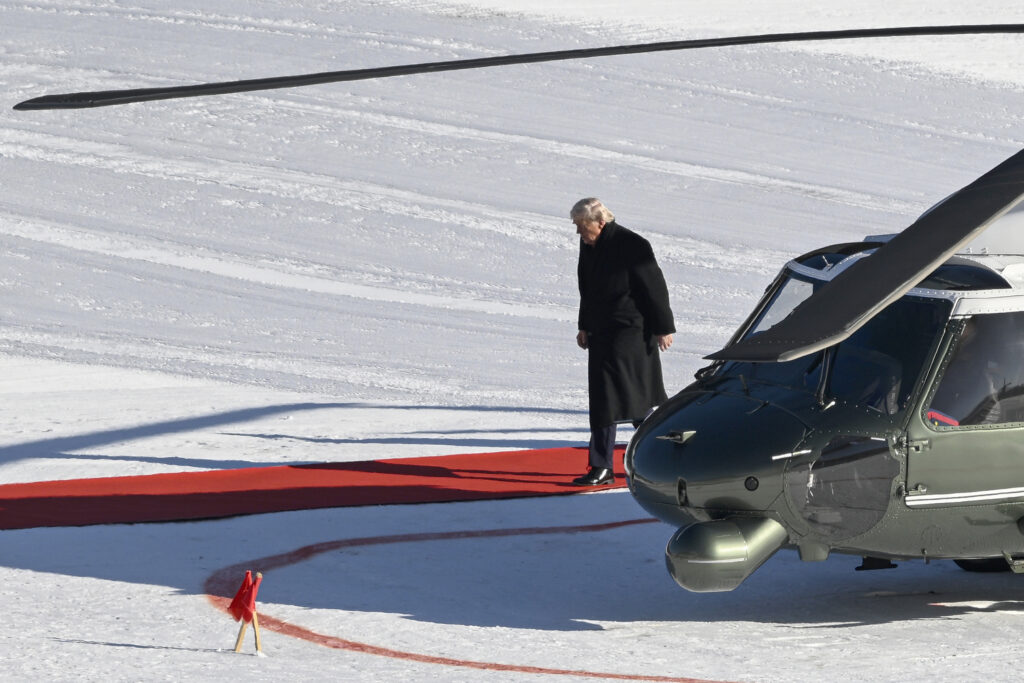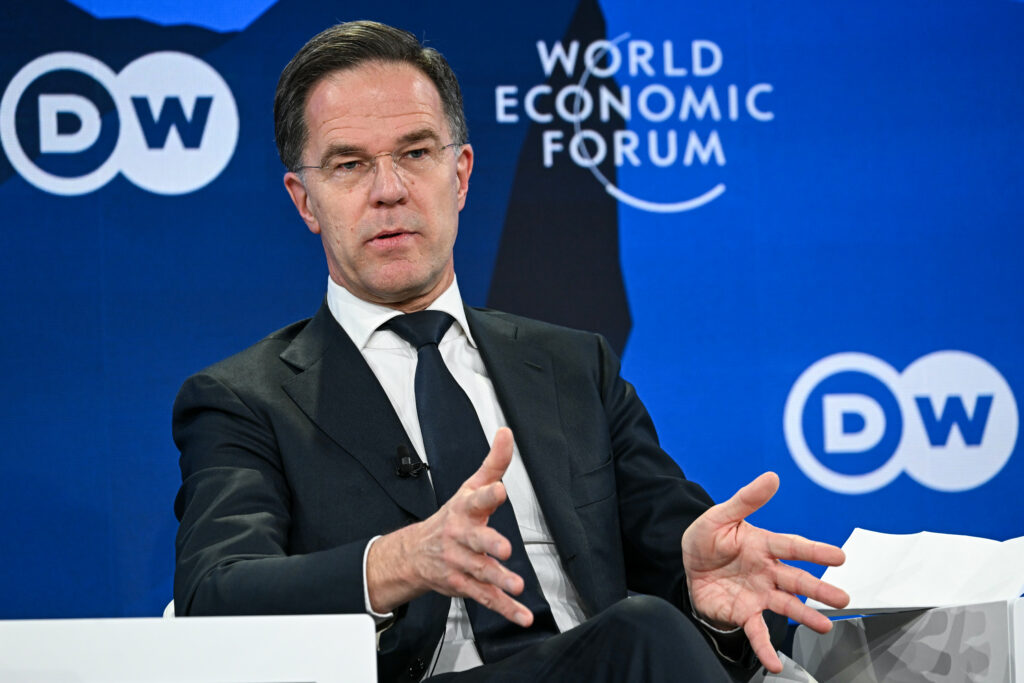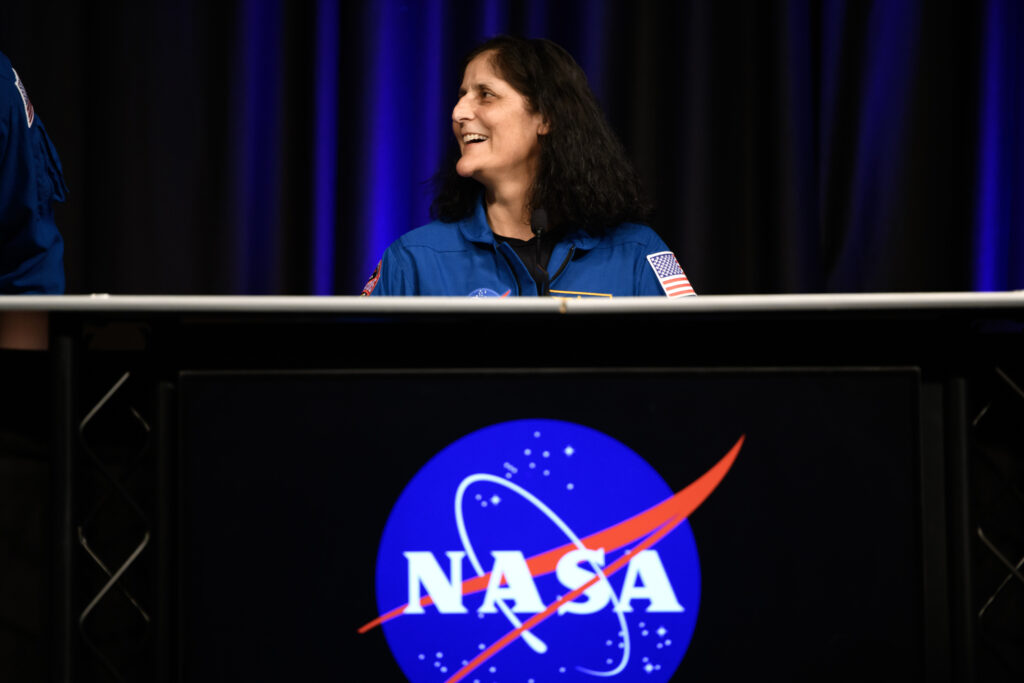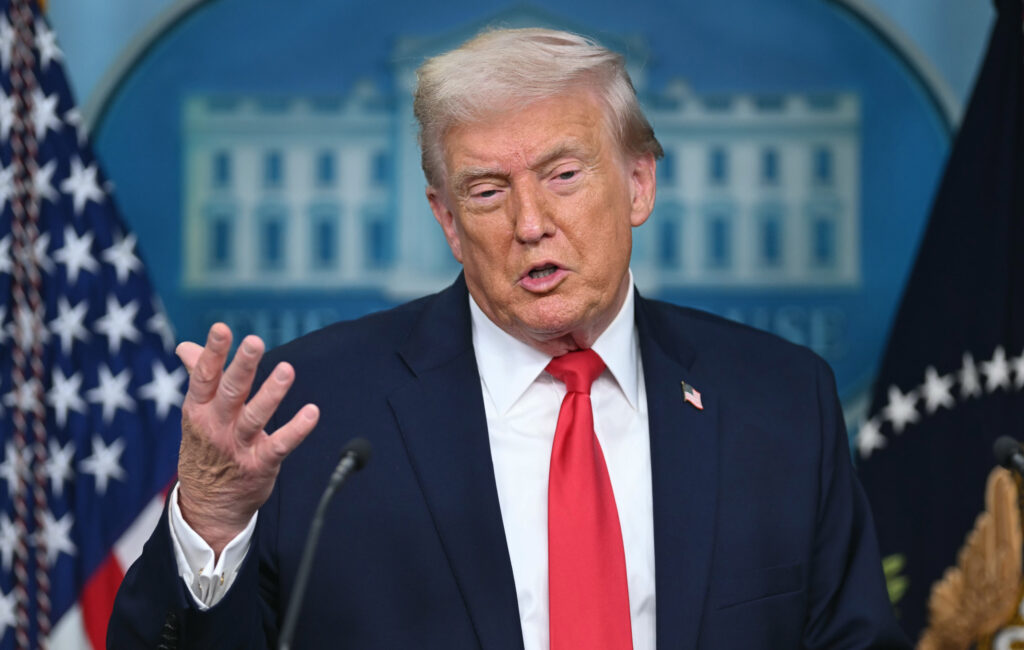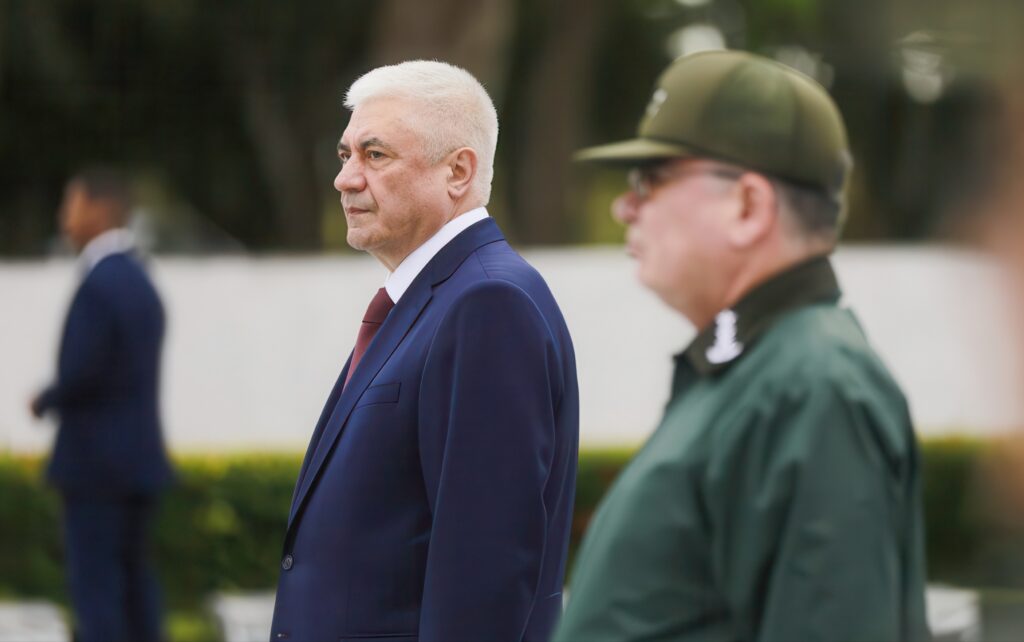US Congress targets Clintons in Epstein contempt fight
A US House panel was set to vote Wednesday on whether to launch contempt of Congress proceedings against Bill and Hillary Clinton over their refusal to testify before its politically charged investigation into sex offender Jeffrey Epstein.The Republican-led House Oversight Committee is weighing two resolutions accusing the former president and former secretary of state of defying subpoenas to appear in person before investigators.If approved, the measures advance to the full House of Representatives, also majority Republican, which would decide whether to formally cite the Democratic power couple for contempt and refer them to the Justice Department for possible criminal prosecution.The vote underscores how the Epstein affair continues to cast a long shadow over Washington, entangling some of the most prominent names in US politics.Lawmakers are examining how authorities handled earlier investigations into Epstein, whose 2019 death in custody as he awaited trial on sex-trafficking charges was ruled a suicide.The Clintons say the probe is being weaponized to attack political opponents of President Donald Trump — himself a longtime Epstein associate who has not been called to testify — rather than to conduct legitimate oversight.Trump spent months trying to block the disclosure of the files linked to Epstein, who moved in elite circles for years, cultivating close ties with business tycoons, politicians, academics and celebrities to whom he was suspected of trafficking girls and young women for sex.The president and his Justice Department officials are accused by Democrats of a cover-up, having released only a fraction of the case files it was required by law to make public more than a month ago. Neither Trump nor the Clintons have been accused of criminal wrongdoing related to Epstein.But Republicans say the Democratic couple’s past links to the disgraced financier, including Bill Clinton’s use of his private jet in the early 2000s, justify in‑person questioning under oath.- ‘Ridiculous offer’ -The contempt push followed oversight committee Chairman James Comer’s rejection of a last‑minute offer for a narrower interview with Bill Clinton in New York.Comer said the proposal would have limited questioning to a single lawmaker, barring colleagues from participating and producing no official transcript — terms he said violate standard committee practice.”I have rejected the Clintons’ ridiculous offer,” Comer said, accusing them of seeking special treatment because of their name.Clinton representatives dispute that account, saying they never opposed testimony being on the record or under oath. In refusal letters, the couple argue that the subpoenas are invalid because they lack a clear legislative purpose.Instead, the Clintons submitted sworn written statements describing their knowledge of Epstein and his associate Ghislaine Maxwell, who is serving a prison sentence for sex trafficking.Comer announced that Maxwell had been scheduled to give a deposition before the committee’s investigators on February 9, although he said he expected her to assert her constitutional right to remain silent to avoid self-incrimination.Bill Clinton acknowledged flying on Epstein’s plane in the early 2000s for Clinton Foundation-related humanitarian work but said he never visited Epstein’s private island.Hillary Clinton said she had no meaningful interactions with Epstein, never flew on his plane and never visited his island. The committee vote exposes divisions among Democrats, some of whom privately acknowledge that no one should be beyond scrutiny in efforts to uncover the full scope of Epstein’s crimes. Others fear that advancing the contempt resolutions plays into a partisan strategy to shift attention away from Trump’s own past contacts with Epstein and from criticism that his administration has moved slowly to release all related records.”We have offered to help, we have helped, and to this very moment we are ready to help,” Bill Clinton’s deputy chief of staff Angel Urena posted on X.”But the Republicans REFUSE to say YES.”
